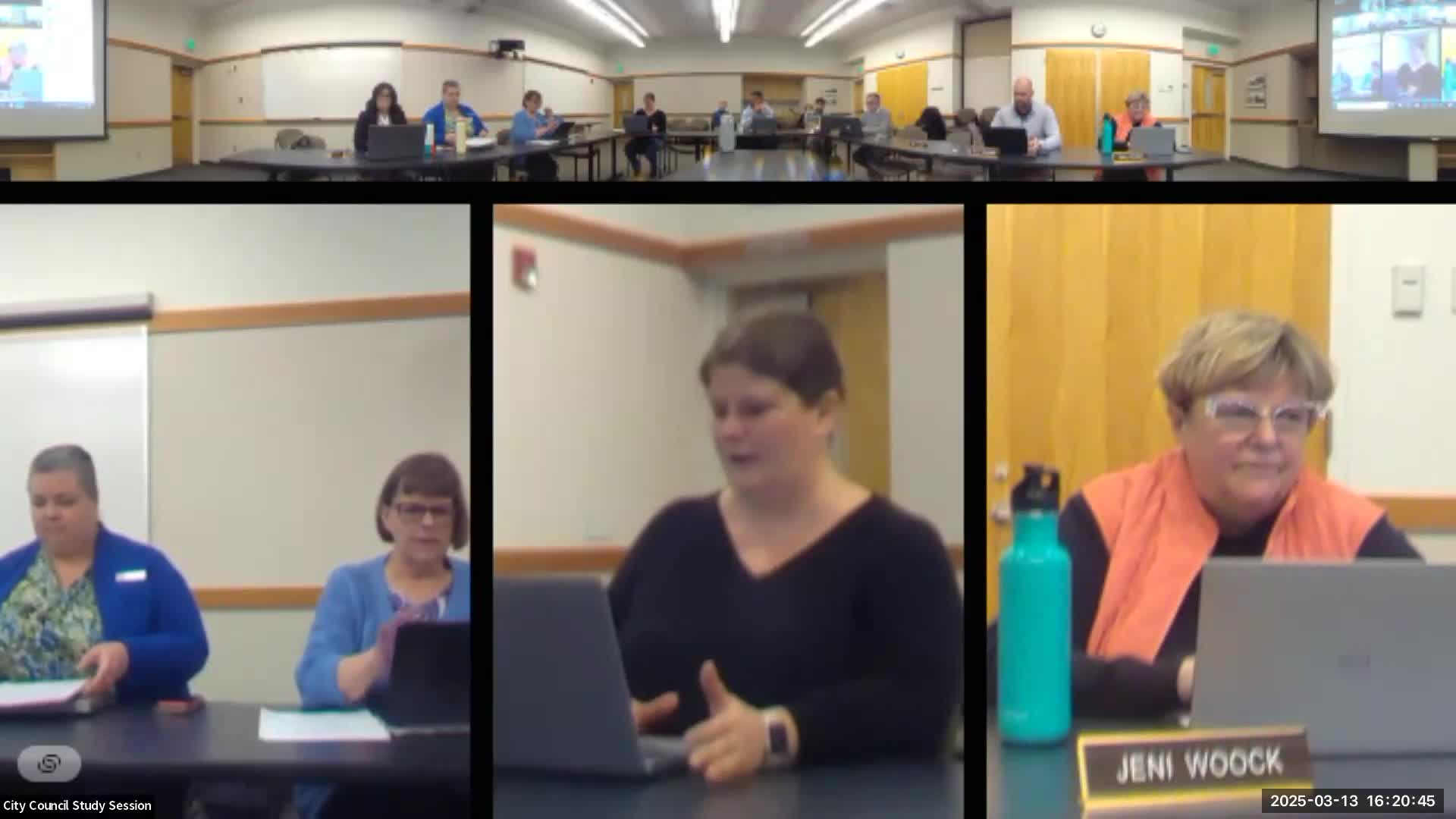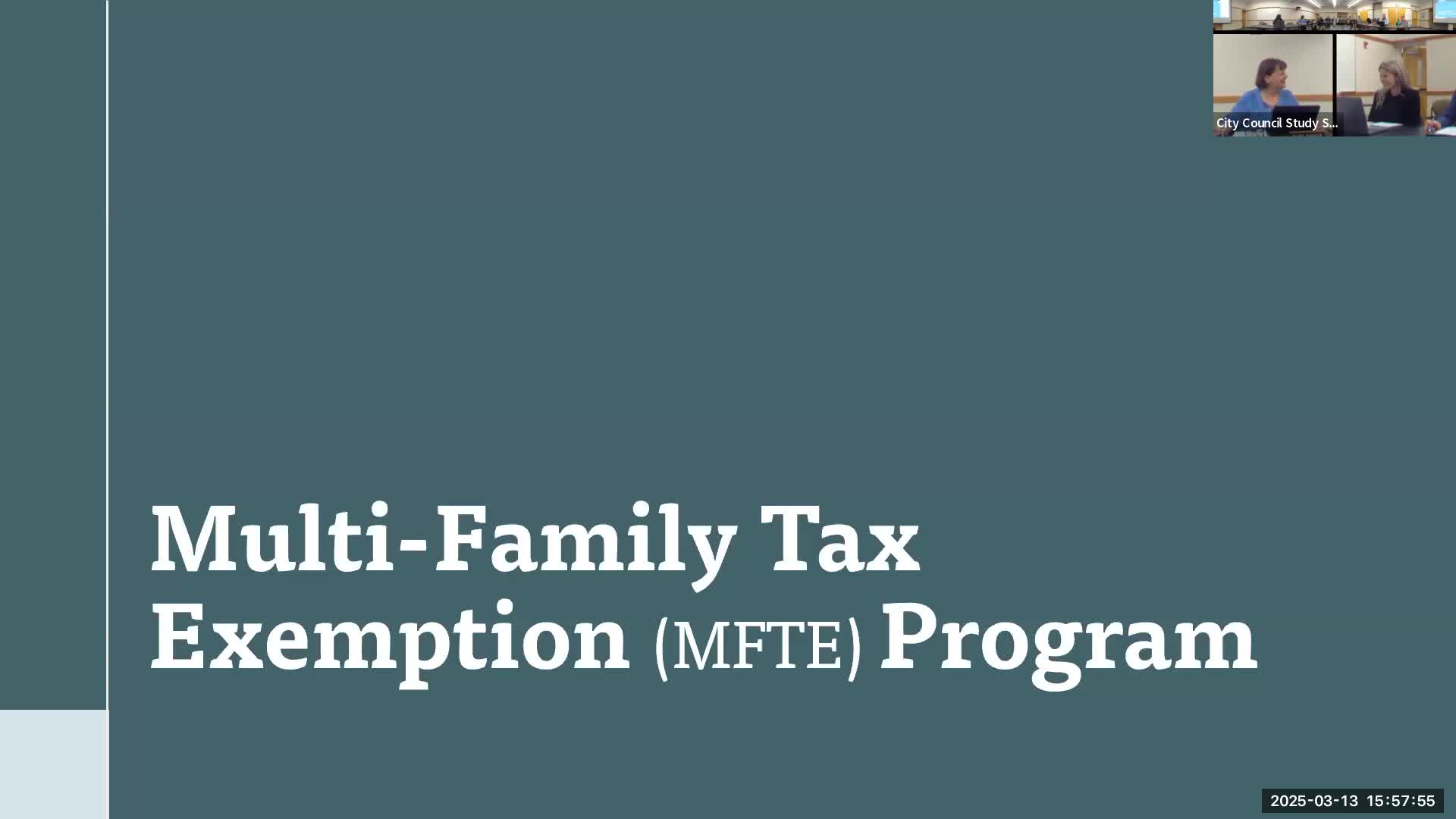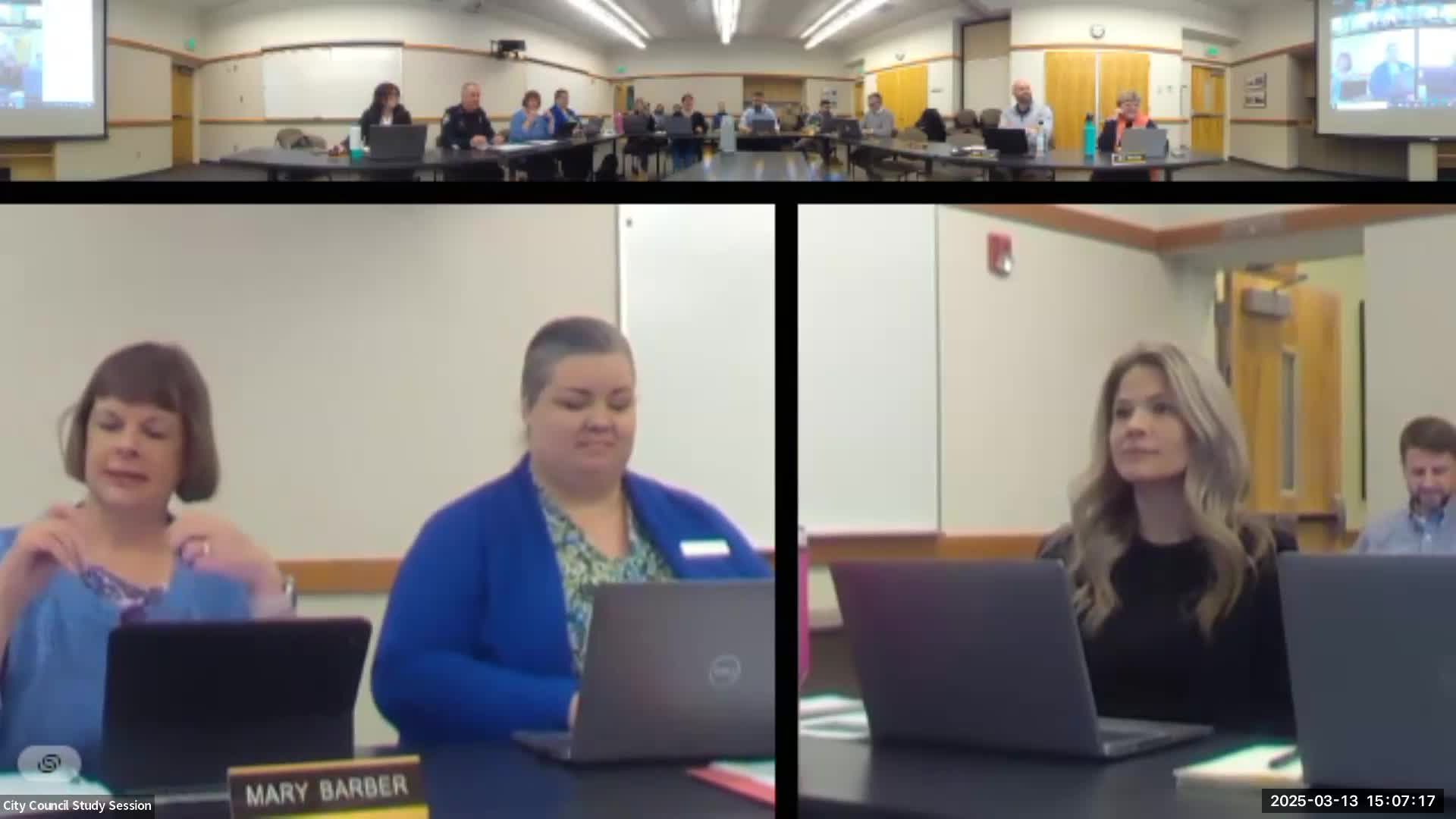Article not found
This article is no longer available. But don't worry—we've gathered other articles that discuss the same topic.

Council reviews accessory-dwelling-unit code changes; planning commission’s short-term-rental restriction removed before council review

Parks commission recommends three names for Harbor Hill playground; council requests naming resolution for council consideration

Council backs study of 12-year multifamily tax-exemption for Harbor Hill village area

